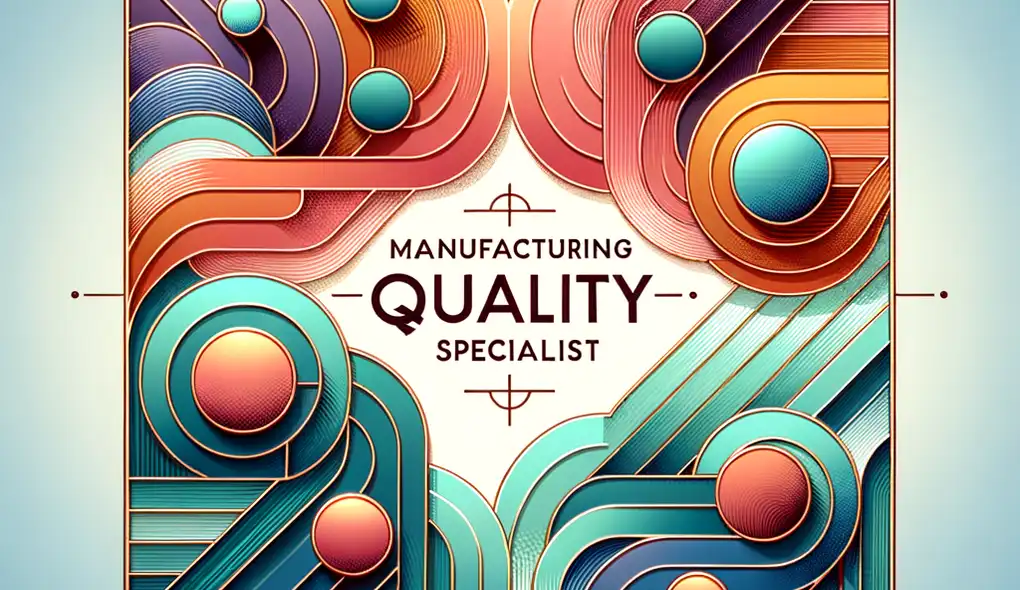How do you approach decision-making when faced with conflicting quality requirements from different countries or regions?
Manufacturing Quality Specialist Interview Questions
Sample answer to the question
When faced with conflicting quality requirements from different countries or regions, I approach decision-making by first understanding the specific quality requirements of each country or region involved. This involves conducting thorough research and consulting relevant industry standards and regulations. Once I have a clear understanding of the requirements, I analyze the potential impact and feasibility of each requirement, considering factors such as cost, production capabilities, and technical limitations. I then engage in open and transparent communication with stakeholders from each country or region to discuss the conflicting requirements and explore possible compromises or alternative solutions. Ultimately, I aim to find a balanced approach that meets the quality standards of all parties involved.
A more solid answer
When confronted with conflicting quality requirements from different countries or regions, I employ a systematic approach to decision-making. First, I thoroughly analyze the specific quality requirements of each country or region, considering industry-related quality standards and regulations. I meticulously review the relevant documentation, such as technical specifications and quality control guidelines, to gain a comprehensive understanding. Using my attention to detail and analytical skills, I assess the feasibility and potential impact of each requirement on the manufacturing process. I conduct a cost-benefit analysis, considering factors such as production capabilities, resources, and technical limitations. To resolve conflicts, I proactively engage in open and transparent communication with stakeholders from each country or region. My strong communication skills enable me to articulate the challenges and constraints of conflicting requirements and facilitate constructive discussions. I actively seek input and feedback to identify possible compromises or alternative solutions. Throughout the decision-making process, I prioritize the overall quality objectives while maintaining compliance with relevant regulations. In summary, my approach combines thorough analysis, effective communication, and a focus on achieving the highest quality standards for all parties involved.
Why this is a more solid answer:
The solid answer provides a more comprehensive and specific explanation of the candidate's approach to decision-making when faced with conflicting quality requirements. It highlights the candidate's attention to detail, analytical skills, communication skills, and knowledge of industry-related quality standards and regulations. However, it could benefit from providing more concrete examples or experiences to further demonstrate these skills and expertise.
An exceptional answer
When confronted with conflicting quality requirements from different countries or regions, I leverage my expertise and collaborative approach to decision-making. I begin by conducting extensive research and analysis to gain a deep understanding of the unique quality requirements of each country or region. This involves studying industry-related quality standards, regulations, and cultural nuances that may impact quality expectations. I proactively engage with international stakeholders, including regulatory authorities, production teams, and quality assurance teams, to establish open lines of communication and foster collaboration. Through effective communication, I ensure that all parties are aligned on the challenges and constraints of conflicting requirements. To address conflicts, I employ my strong problem-solving abilities to explore innovative solutions that meet the quality objectives of all parties involved. This may involve proposing alternative materials, refining manufacturing processes, or implementing customized quality control measures. Additionally, I actively participate in industry conferences and training programs to stay updated on evolving quality standards and best practices. This allows me to anticipate potential conflicts and proactively adapt quality processes to meet changing requirements. Overall, my exceptional approach to decision-making combines deep expertise, collaborative engagement, and proactive problem-solving to ensure the highest quality standards are achieved across diverse regions and cultural contexts.
Why this is an exceptional answer:
The exceptional answer demonstrates the candidate's extensive expertise and experience in handling conflicting quality requirements. It highlights their deep understanding of industry-related quality standards, regulations, and cultural nuances. The answer also emphasizes their collaborative approach, problem-solving abilities, and proactive mindset. The candidate's emphasis on continuous learning and involvement in industry conferences and training programs further showcases their commitment to staying updated on evolving quality standards. However, it could be further improved by providing specific examples or experiences that illustrate how the candidate has successfully resolved conflicts in the past.
How to prepare for this question
- Familiarize yourself with the quality standards and regulations of different countries or regions. Research industry-specific guidelines and cultural nuances that may impact quality expectations.
- Develop a systematic decision-making process that involves thorough analysis, cost-benefit assessments, and open communication.
- Enhance your problem-solving skills by practicing case studies or engaging in collaborative problem-solving exercises with colleagues.
- Stay updated on industry trends and best practices by attending conferences, workshops, and training sessions related to quality assurance and international manufacturing.
- Prepare examples or anecdotes from past experiences where you successfully handled conflicting quality requirements to demonstrate your expertise and abilities during the interview.
What interviewers are evaluating
- Attention to detail
- Analytical skills
- Communication skills
- Problem-solving abilities
- Knowledge of industry-related quality standards and regulations
Related Interview Questions
More questions for Manufacturing Quality Specialist interviews